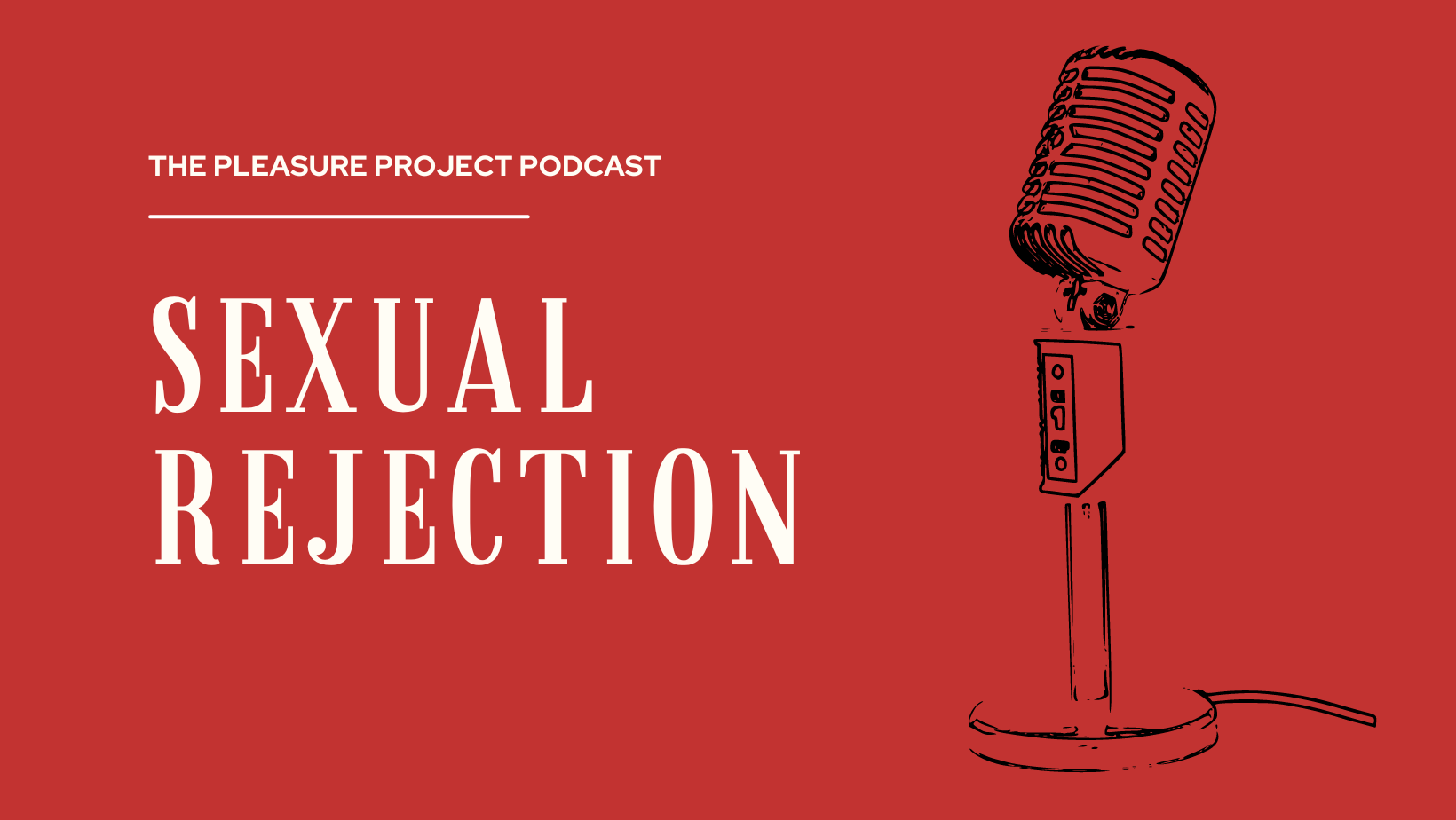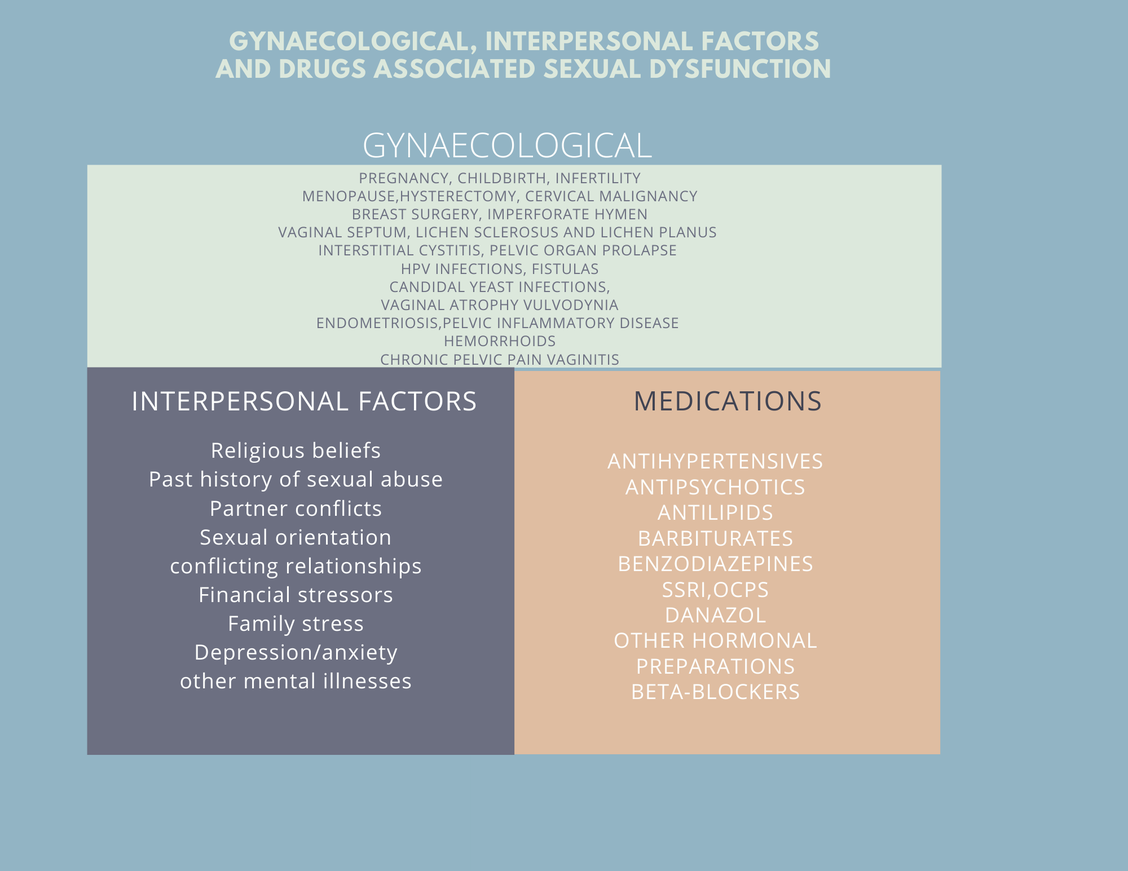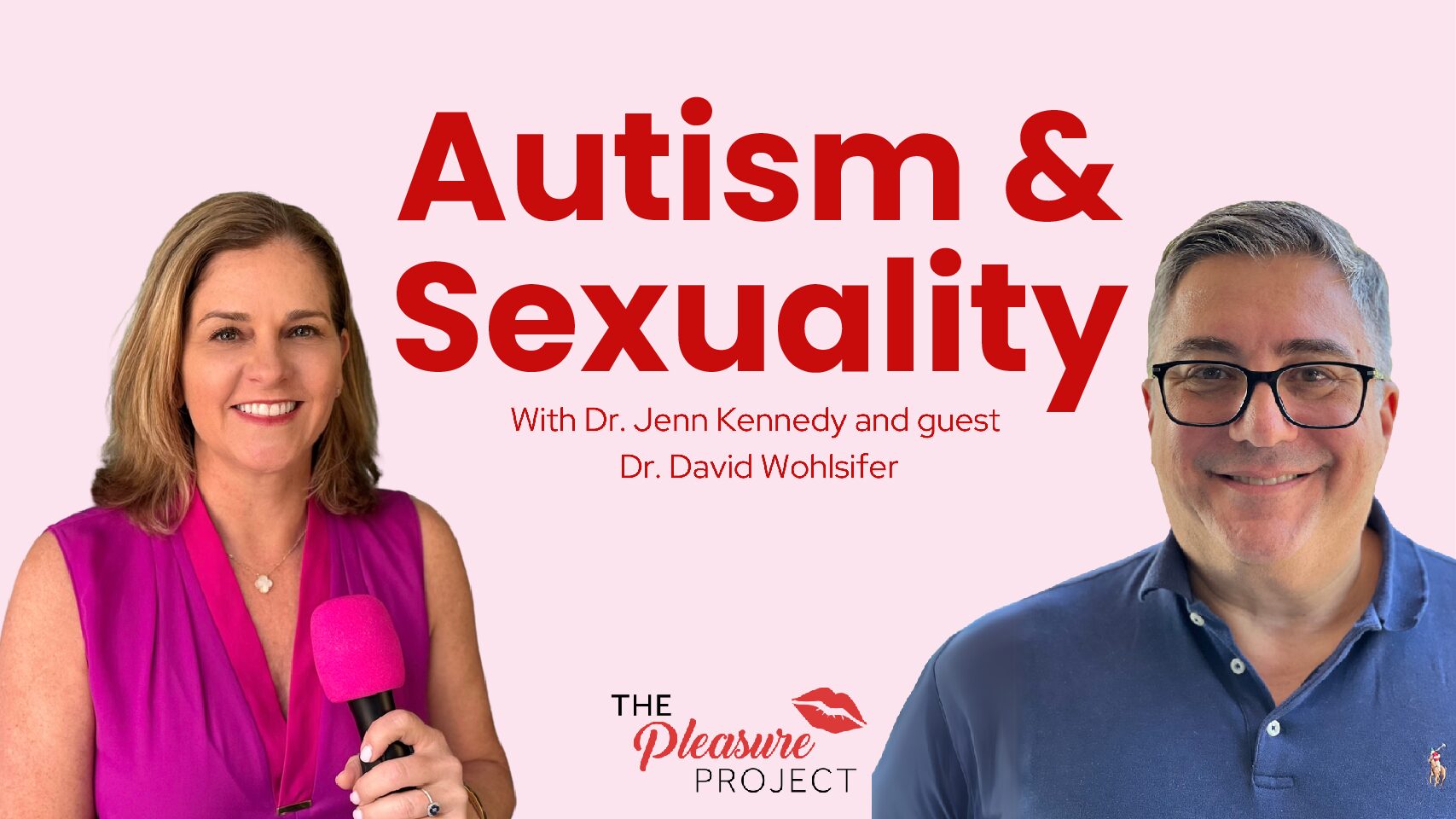Why Communication Matters for Intimacy You know those moments when you think, “If they really…

Handling Sexual Rejection
We’ve all been there. In fact, we’ve likely been on both sides of the no, of sexual rejection, and neither side is easy.
You and your partner are feeling frisky, and the interest seems to be mutual and building in heat. And then one of you hits a trip wire and BOOM–your brain says, “um, no—not going there.” Then you feel a contraction that starts in in your belly and radiates through your body. Feelings of guilt may wash over you as you shut down and try to figure out how to say it or what to even say. You don’t want to disappoint them and yet you don’t want to keep going. You want to want to keep going, but you just don’t. And so, the awkward, heavy flatness of the “no” arrives like a storm cloud above your bed.
On the other side—the receiving side—you are feeling excited and turned on. You are sensing their movement and feeling that building anticipation. And then their body becomes rigid and their mouth isn’t meeting yours. You may be searching their eyes for “What just happened? Where did you go?” You feel confused, frustrated and maybe a pang of shame as you blame yourself. You might be asking “What is wrong with me that they don’t want me?” You can’t meet them with immediate empathy because you are disappointed.
Sexual rejection feels bad all the way around. Energy leading to a sexual interaction requires a degree of vulnerability. We let our guard down to want the other person—to communicate verbally or nonverbally how we want to touch or be touched—how we want to experience pleasure. And when that gets thwarted, it feels not just disappointing, but also personal. There was hope of temporary merger through the connection, and anticipation of the release that has transmuted into a sadness of two individuals retreating to their silos.
It’s sometimes hard to support the other person when you are feeling the sting of rejection, or the guilt and pressure associated with turning them down. Yet, you understand that you don’t always want sex either. Our desire is not a constant. It is influenced by myriad factors, which include our biology, psychology, and interpersonal dynamics. Here are examples of each that might influence a partner to say no mid sexual encounter.

Biology: She has menstrual cramps or a building migraine that make it hard to focus on physical pleasure
Psychology: She feels self-conscious about her body or work stress is intruding on her thoughts
Interpersonal: She feels hesitant to connect after an argument with partner or she doesn’t like your dirty talk during sex
There are countless situations that manifest during intimate times and interrupt the sexual connection. Your partner is not a mind reader, however, so willingness to share what is happening will go a long way toward keeping the connection intact. If the ‘no’ came because you didn’t like the quality of touch, that is valuable information. Tell them what you do want. Show them with a guiding hand and give them somewhere to go with their desire.
If your pull away was about your stress or distraction, that is also helpful for your partner to know so they don’t take it personally. It’s also an indication that you need to address your responsibilities and take steps to allow for downtime. That might involve you silencing your phone and clearing your busy calendar. And if you have a loud, self-critical mind, you may need to allow a longer on-ramp for desire. If your partner is clued into the negative thoughts, they might help you address or at least quiet them temporarily.
If the resistance you are experiencing is interpersonal, then it’s critical to let your partner in on it. You can be kind about it, but direct and honest. You can let them know that the tension between you is still affecting you and you need more understanding. Or if it’s how they touch, you might need to gently communicate that doesn’t work for you and what you would prefer they do. There is no right or wrong in sex, but rather it’s what is preferable to you both, so there needs to be communication and flexibility in thinking and in approach.
For the partner who gets rejected, curiosity is going to be your best strategy. Take a beat before you dive into a negative spiral. Try to turn toward your partner and understand their experience. Where is their ‘no’ coming from? Is there a pivot that is possible versus a total shut down? How can you show you care—regardless of the derailment of the sexual experience? This is where you still have a shot at preserving the intimate experience. Your reaction communicates a lot and will likely affect your partner’s willingness to reengage in the future.
The turn down is bound to happen from time to time, so I encourage you to consider the ‘why.’ It is a more constructive strategy than collapsing into anger, shame, or guilt, which many couples do instead. Ideally, you would have a conversation with your partner to unpack what happened and sort out how it could go better in future. You might be surprised what you hear when coming into the conversation with an open heart and mind.

Podcast: Sexual Rejection on Both Sides
The latest Pleasure Project Podcast is about all of this.
Dr. Jenn discusses:
- How it feels to say no or to hear no
- Factors that cause sexual rejection
- Case examples of couples with high/low desire
- Importance of curiosity with self and partner to address rejection
Tune in!




This Post Has 0 Comments